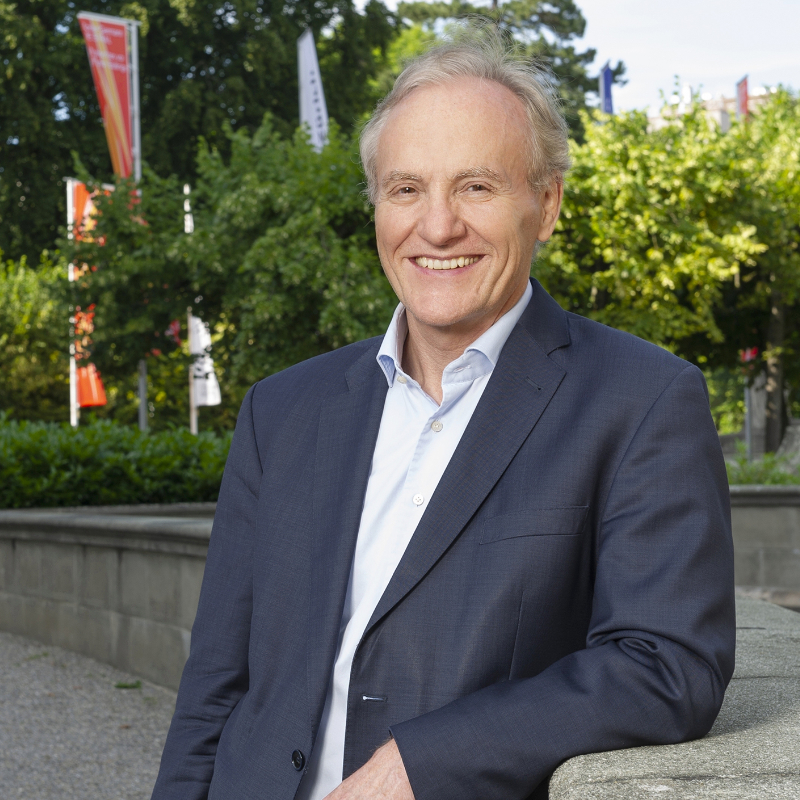Leveling the playing field in early childhood
While the tax system can reduce present economic inequality, the education system can help to reduce future inequality. This is because education is highly predictive of multiple dimensions of future economic and social success. Yet one challenge for the education system is that some children have already experienced severe disadvantage when they first enter school. This is because differences in cognitive and emotional stimulation during early childhood represent an important source of inequality that has measurable long-term impacts on outcomes in adulthood. The first part of this subproject will focus on the development, implementation and rigorous evaluation of early childhood interventions involving parents, kindergarten teachers and schools that mitigate these inequalities. The second part of the subproject will examine the obstacles towards public policies that foster equality of opportunity through early childhood education measures.
The first part builds on the observation that underdeveloped self-regulation abilities—such as self-control or persistence in performing tasks despite early failures—put children at risk of becoming adults with low earnings, poor health status and a tendency to get in conflict with the law. The question then is how one can increase self-regulation skills in children. Psychologists have proposed several potentially effective tools, but broad field evidence on their consequences is still scarce. This project will thus aim to select and develop a culturally appropriate training module to foster self-control among children in Switzerland. It will next seek to gain the support of school authorities including teachers for this training, and finally implement the intervention while measuring relevant outcomes over a number of years. Due to this long-term perspective, this ambitious high-risk project is likely to extend beyond the first four years of this URPP.
The second and complementary part of this subproject will investigate why there are still important cultural and political obstacles for the introduction of broad early childhood education measures. Knowing the key determinants behind this cultural and political opposition, and the arguments that help to mitigate them, improves the prospects of introducing early childhood education more broadly, and reducing inequality among children. In this research, we benefit from the fact we have already built a broadly representative sample of Swiss citizens about whom we have collected detailed information about their social preferences and political views about redistribution. We have, however, not yet collected the relevant information about their political and cultural views on inequality-mitigating childhood interventions. Thus, designing, conducting and analyzing the required survey will be a key task in this research.
The first part builds on the observation that underdeveloped self-regulation abilities—such as self-control or persistence in performing tasks despite early failures—put children at risk of becoming adults with low earnings, poor health status and a tendency to get in conflict with the law. The question then is how one can increase self-regulation skills in children. Psychologists have proposed several potentially effective tools, but broad field evidence on their consequences is still scarce. This project will thus aim to select and develop a culturally appropriate training module to foster self-control among children in Switzerland. It will next seek to gain the support of school authorities including teachers for this training, and finally implement the intervention while measuring relevant outcomes over a number of years. Due to this long-term perspective, this ambitious high-risk project is likely to extend beyond the first four years of this URPP.
The second and complementary part of this subproject will investigate why there are still important cultural and political obstacles for the introduction of broad early childhood education measures. Knowing the key determinants behind this cultural and political opposition, and the arguments that help to mitigate them, improves the prospects of introducing early childhood education more broadly, and reducing inequality among children. In this research, we benefit from the fact we have already built a broadly representative sample of Swiss citizens about whom we have collected detailed information about their social preferences and political views about redistribution. We have, however, not yet collected the relevant information about their political and cultural views on inequality-mitigating childhood interventions. Thus, designing, conducting and analyzing the required survey will be a key task in this research.

Prof. Ernst Fehr
Project Leader
Department of Economics
Data used
For further information about the project and data availability please contact: sally.gschwend@econ.uzh.ch